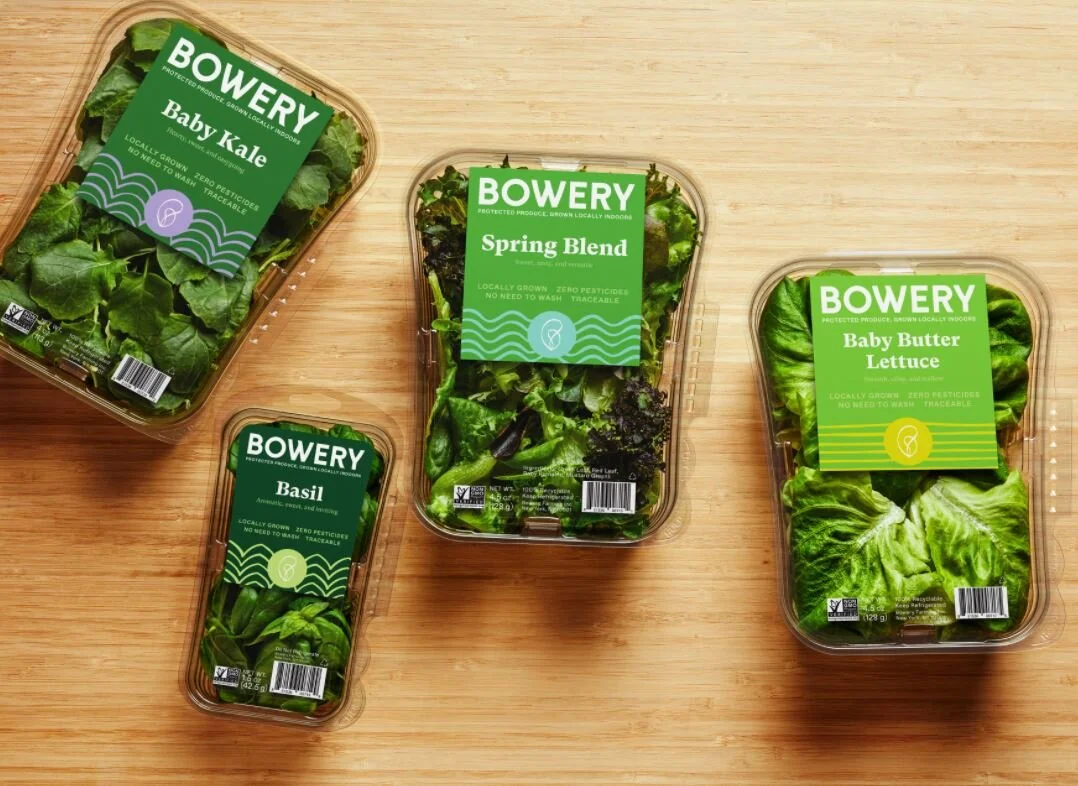
Welcome to iGrow News, Your Source for the World of Indoor Vertical Farming
Hedging Against Global Supply Chain Shortages
COVID-19 has had an enduring, adverse impact on global supply chains. What started as a hand sanitizer and toilet paper shortage has evolved into a multifaceted supply chain breakdown affecting numerous manufacturing pipelines.
By Rebekka Boekhout
August 9, 2021
COVID-19 has had an enduring, adverse impact on global supply chains. What started as a hand sanitizer and toilet paper shortage has evolved into a multifaceted supply chain breakdown affecting numerous manufacturing pipelines. At the heart of these disruptions is something small and unsuspected by those unaccustomed to tech design: semiconductor chips.
Semiconductor memory chips store data on computers and storage devices. They play a pivotal role in various technologies; everything from smartphones to cars to, you guessed it, container farms need semiconductors to function. A shortage of something this essential can upend the market as we know it and slow the pace of indoor agriculture’s growth.
Jumpstarted by pandemic mayhem, supply chain failures have become a consistent cause for concern for businesses across the globe. How has this issue become the norm in the current business landscape? Well, the answer comes down to simple economics: supply cannot meet demand.[1]
Read the rest of the article here
A Vertical Farm In New Jersey May Be Transforming The Farm-to-Store Supply Chain
Bowery Farming in Kearny, New Jersey, is reimagining the farm-to-store supply chain. Bowery is the largest vertical farm in the United States, growing leafy greens, herbs, fruits, and vegetables inside a climate-controlled warehouse where crops grow in stacked trays under lights that mimic natural sunlight.
August 5, 2021
Bowery Farming in Kearny, New Jersey, is reimagining the farm-to-store supply chain. Bowery is the largest vertical farm in the United States, growing leafy greens, herbs, fruits, and vegetables inside a climate-controlled warehouse where crops grow in stacked trays under lights that mimic natural sunlight. “Marketplace” host Kai Ryssdal recently toured the research and development part of the farm, where Bowery fine-tunes the flavor of new produce such as radishes and strawberries with fewer threats of pests, water scarcity, or other challenges associated with traditional outdoor farming. Bowery also grows wasabi arugula and other hard-to-find vegetables that are difficult to cultivate using conventional growing methods.Because Bowery’s business model is based on growing crops in indoor sites near the cities they sell in, most products that would normally take two or three weeks to reach stores make it to market a day or two from harvest. Bowery Farming’s CEO Irving Fain sees vertical farming as nothing short of revolutionary, stating that it can “democratize access to high-quality fresh food” in cities. Bowery is growing in other ways: It has a second farm in Nottingham, Maryland, and a third is under construction in Bethlehem, Pennsylvania.





